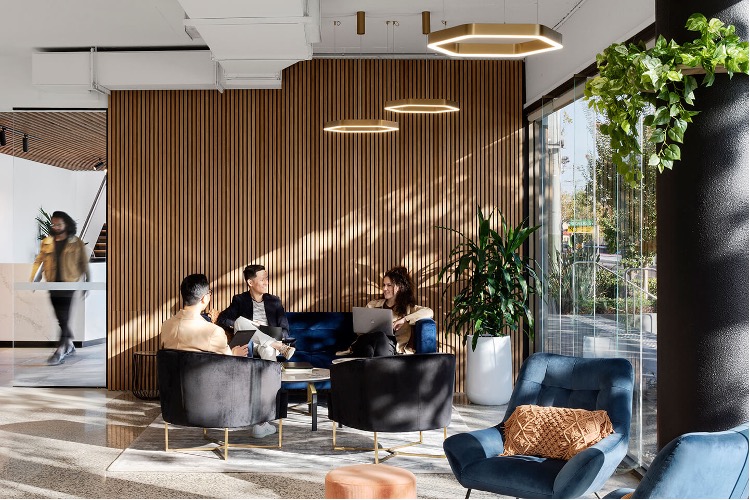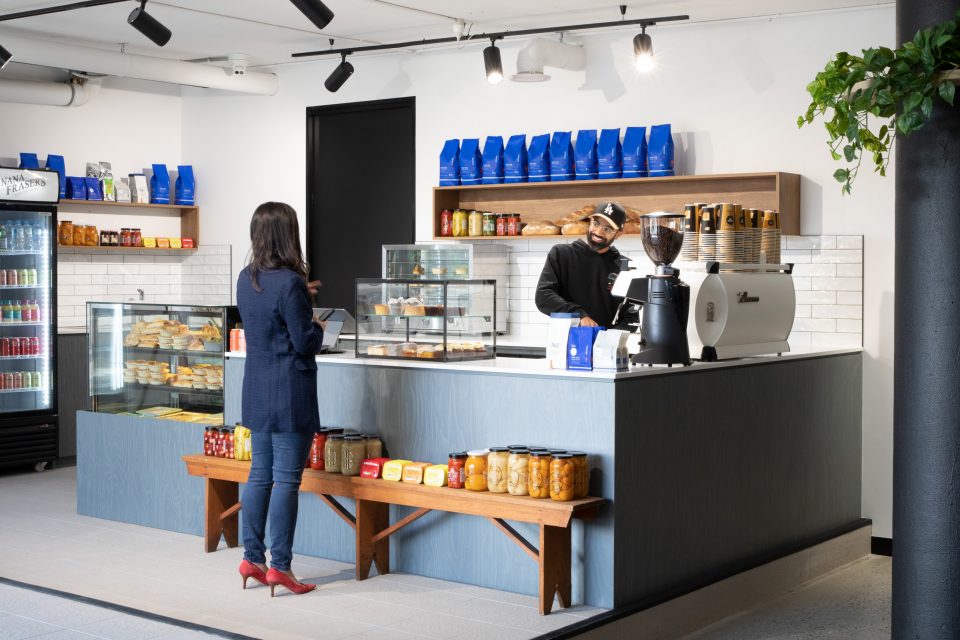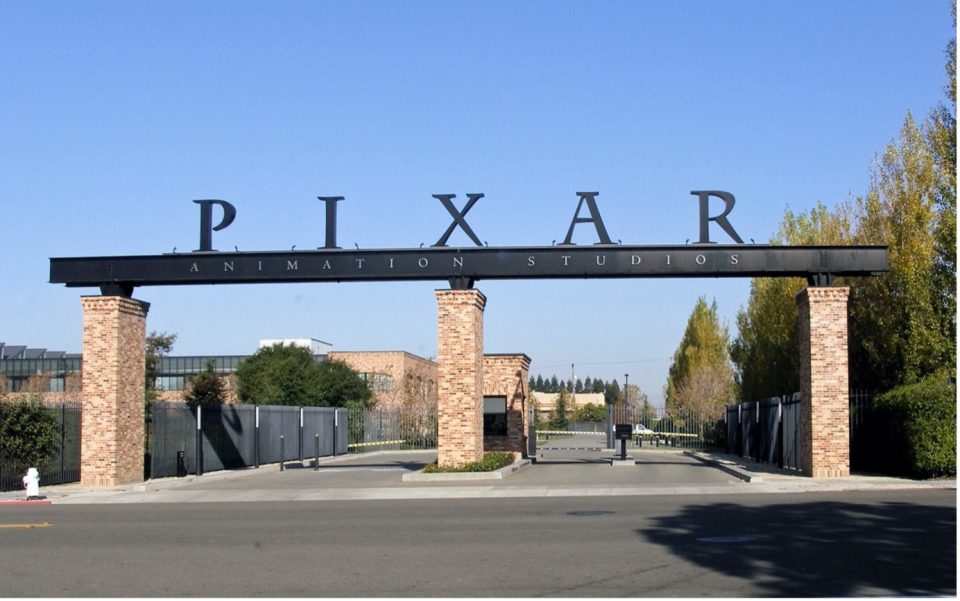An Unlikely Friendship: Sustainability And The Coworking Space

Environmental awareness is increasingly becoming a prerequisite of business clients and consumers.
The underlying morality of progressive action is a valuable business trait; telling of its integrity and modernistic aptitude. Coworking spaces provide the perfect interface for a sustainable business strategy, where innovative minds collide for the greater good.

How so, you may ask?
Shared space mitigates waste. Within this system, the goal is to pay only for what you are in actuality using. The successfulness of this idea is mimicked by companies such as Uber Pool and Hello Fresh, which capitalise on efficient resource utilisation. In fact, a coworking space reduces its carbon footprint through the sharing of utilities and supplies. Moreover, with business start-ups and scale-ups, the growth of a team is difficult to ascertain. Coworking spaces consolidate this issue through affording flexibility. Fixed, long-term contracts and inefficiently utilised private office buildings are thus avoided.
Coworking spaces profit natural light. Via an open layout, natural light is able to pass through, and also finds a correlation between transparent architecture. Because it is so open, workstations do not solely rely on artificial light. However, when artificial light is necessary, coworking spaces seek out LED lighting and solar panels (with less power usage, and a longer lifespan).

They’ve thought of everything. Coworking spaces transcend the traditional office design, and often strive to be a “hub” of sorts. Underneath one roof, there may be a conglomerate of facilities: conference rooms, dining areas, gyms, and even showers for bicycle commutes. As accessing these areas requires less travel, fuel is saved. To support this, ‘green commuting’ may be incentivised, along with monthly social events which centre on sustainability.
They’re the perfect test environment. Due to low energy requirements, coworking spaces are the perfect test environment for new ways to deliver energy to office spaces. As suggested by Hub Australia, the communal nature enables a close proximity with the business community, and thus carbon footprints are able to be tracked through data mapping and frequent surveys. In this way, coworking spaces are well positioned to offset their carbon emissions.
They’re innovation-driven. Creativity and collaboration are the very essence of coworking spaces, and so it is only natural that this should extend to environmental initiatives. As most work and communication is online, particularly by freelance employees, there is inherently less paper consumption. This is furthered through the prevalence of cloud services and digital signatures. This may be fortified through initiatives such as that of Huckletree. At Huckletree, printing fees are donated to the Trees for Cities charity in an attempt to offset their environmental impact.
Moreover, eco-friendly building designs endeavour to support sustainability, whilst dually utilising its affective qualities for the betterment of the workplace. For example, Green Space in Denver built its workplace with solely reclaimed building materials. More simply, indoor plants are often heavily featured, improving air quality through filtering harmful toxins and reducing dust and CO2 levels. At Uncommon in London, leafy greenery is used for space partitions, with the benefit of noise reduction and oxygen-emission. Even better, exposure to natural elements is a proven stress-reliever, and has a part in increased levels of happiness.
Also, coworking spaces may actually centre themselves on start-ups designed to help the planet. The Green Lab in London provides an inspired hive where people come together to improve issues of urban food, water and waste. Moreover, coworking spaces may choose to attain globally-recognised certifications to help instil their environmental impetus. For example, Impact Hub in Madrid was the first coworking company in Spain to achieve B Corp status due to its carbon credit.
WHAT ARE YOU WAITING FOR?
Join the family & recharge your innovative mind, please call (03) 7064 9669 or email [email protected]




